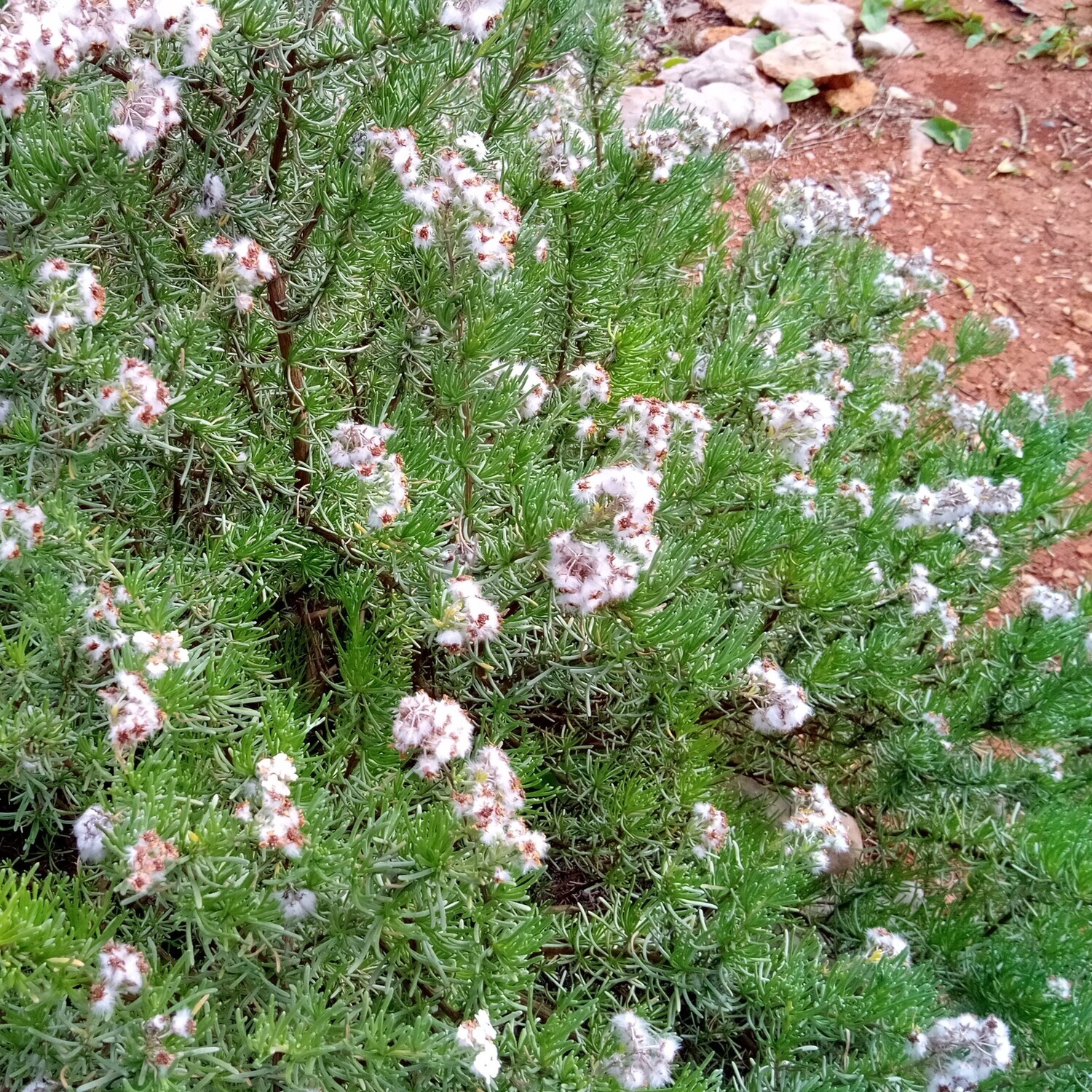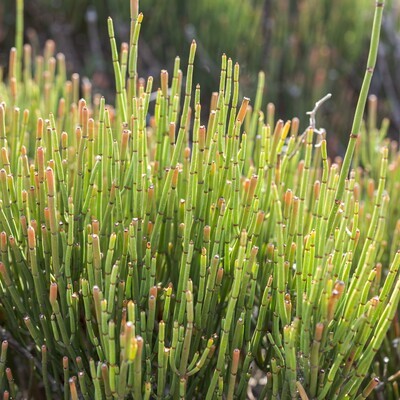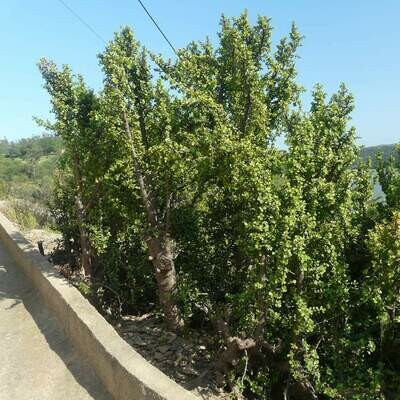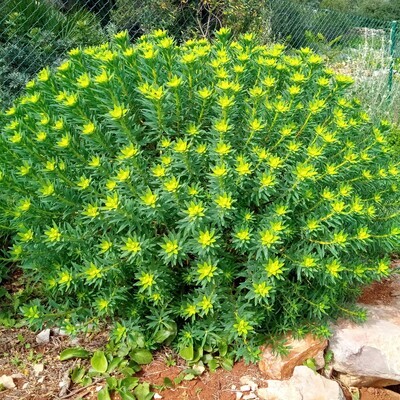
Eriocephalus africanus
| Quantity | Price per item | Discount |
| 5 plants | €5,30 | 12% off |
In Europe it is known as African rosemary (in its native South Africa it is known as kapokbossie or wild rosemary) because of its resemblance to rosemary.
The thin, grey leaves have a menthol smell when crushed. Flowering times vary, but the best show is in winter, when the whole bush is covered with small white flowers. Bees are attracted to the flowers for the small amount of nectar they contain. Soon after flowering, fruits are formed that are covered with long white hairs. These attractive, fluffy seed heads look like cotton wool or snow, giving Eriocephalus the common Afrikaans name kapokbos. (Kapok refers to snow).
Eriocephalus prefers full sun and well-drained soil. It is best to plant during the wet winter months to allow the plants to establish before the dry summer, as they do not like water or moisture in hot weather.
More information
The shrubs can be lightly pruned to encourage bushy growth, making them suitable for hedging. The root system is well-developed with a taproot that can penetrate the soil to a depth of 6 metres and lateral roots that extend around the plant for about 2 metres and are closer to the surface. This extensive root system makes Eriocephalus africanus drought tolerant. The shallow roots can be damaged by digging or pulling up weeds close to the plant in summer, sometimes resulting in the unexpected death of large plants.
The superficial resemblance is in the foliage, which is softer and less glossy, but grows in a habit similar to that of common Mediterranean rosemary - the two species are not related. The small, needle-like leaves are an adaptation that limits water loss. The aromatic oils are thought to help in the same way. Shrubs growing on the coast have succulent leaves, while those growing away from the coast have thinner, less succulent leaves. Interestingly, this also seems to apply to the true Rosmarinus, which grows on extremely exposed cliffs at Cape St Vincent. It is also a well-known medicinal plant and an excellent shrub for the waterwise garden.
Specialising in growing plants for dry mediterranean landscapes
We are a plant nursery in the Algarve specialising in dry mediterranean species. We propagate and grow our own stock in conditions they are likely to endure when they are planted out.
We grow plants that are adapted to the dry land conditions in Portugal and southern Spain, both mediterranean perennials and succulents.
We choose plants that require very little water and maintenance. We produce a range of dry land plants that are typical of the worlds mediterranean regions. These are available to order ready for planting in the wetter months of the year. Please order the plants you need and we’ll have them ready at the best time for planting.
To ensure your new plants adapt and establish quickly, we produce them in special anti-spiral root pruning containers and a range of fibre pots (no plastic waste) with our own tried and tested growing media.
Viveiros Jardimseco - Plantas de terra seca
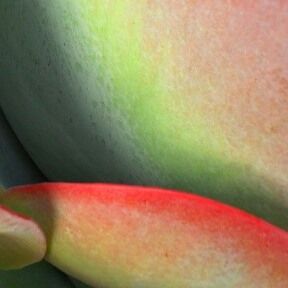
Viveiros Jardimseco
Tavira, Algarve
Please note we have no retail outlet or garden centre and are not open to the public. For more information you can contact us here.
Plantas adaptadas à seca - produzimos plantas adaptadas às condições de Portugal e Sul de Espanha, tanto espécies mediterrânicas como suculentas.
Oferecemos uma gama de espécies típicas das zonas climáticas mediterrânicas em todo o mundo.
